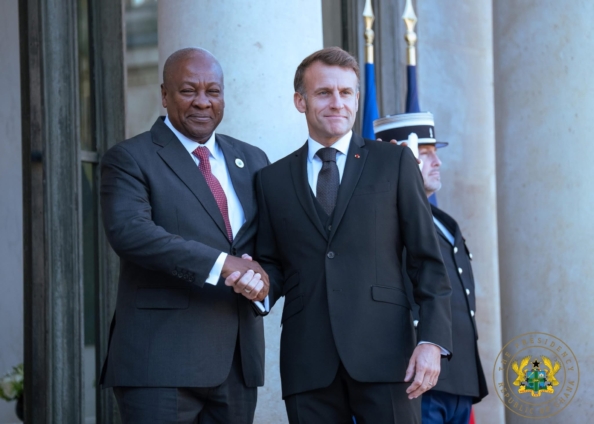Copyright scmp

A man in Turkey has agreed to pay his ex-wife 10,000 liras (US$240) every quarter in “cat support”. His move sets a new precedent for divorces in the pet economy era, which is booming with Turkey’s pet population reaching 20.9 million in 2023. According to Turkish media outlet Yenisafak, a couple in Istanbul decided to divorce after two years of marriage due to serious relationship issues. The man, identified as Bugra, and his former partner, Ezgi, had jointly cared for two cats. In the divorce settlement, Ezgi was granted custody of the cats, and Bugra agreed to pay her 10,000 liras every three months for the next 10 years to cover their care, including food, vaccinations and other expenses. The payments, based on a cat’s average 15-year lifespan, will be adjusted annually for inflation and will cease once the pets die. Bugra will also pay Ezgi 550,000 liras (US$13,000) in financial compensation. Turkish lawyer Aylin Esra Eren said that pet owners in Turkey typically microchip their pets, making the registered person the pet’s legal guardian. Even if the owners separate, the animals’ health, care and emotional needs must still be met. Turkey’s animal protection law treats pets as “living beings” rather than “property”, meaning abandoning a pet is considered both animal abuse and a legal violation. “Pets that are not properly cared for will become strays, and abandoning microchipped pets on the streets is illegal,” said Eren. People who abandon pets in Turkey can be fined up to 60,000 liras (US$1,400). The lawyer also said that the case has significant implications for divorce trends in the country. She explained that caring for cats requires attention to their food, mood and health, much like raising a child. The case is the first to legally define pet care responsibilities, offering legal protection for pets as family members. However, Eren said that Bugra’s payments cannot be considered alimony, as under local laws, that can only be requested by a spouse or children. In Turkey, alimony may be paid to a financially needy spouse after divorce, based on factors like income, marriage length and living standards. The story has caused a buzz on social media. One online observer said: “It is great to see growing respect for the status of pets. I hope more countries follow this example and recognise the legal rights of animals.” “We should be cautious because some people may use pets as bargaining chips in a divorce, leading to unnecessary issues,” said another.



